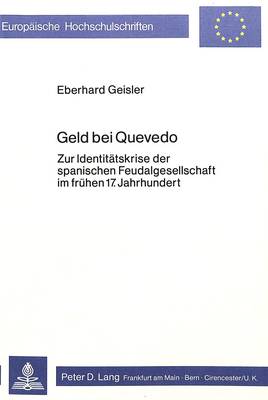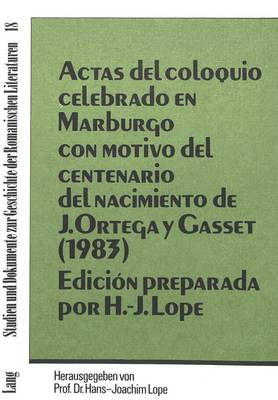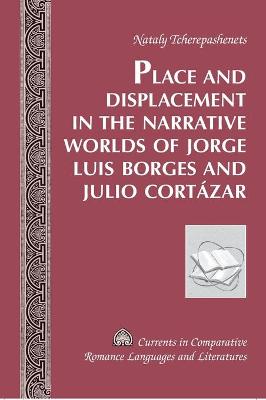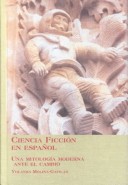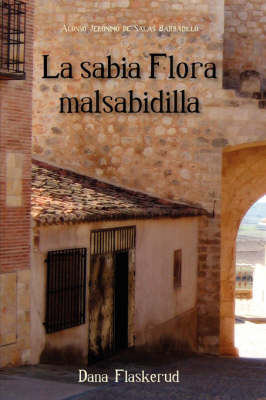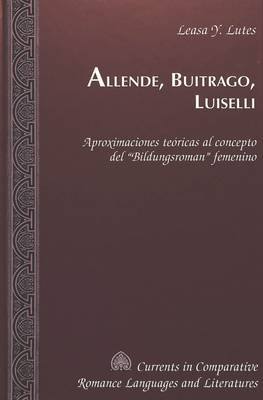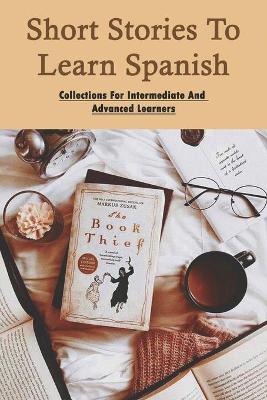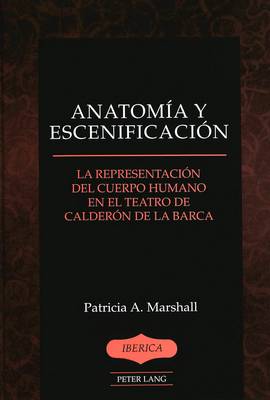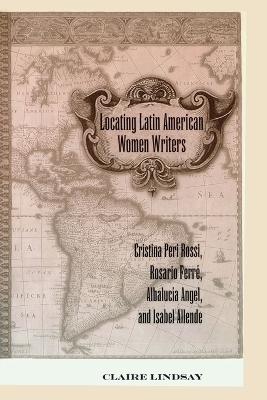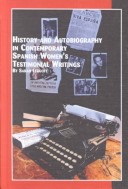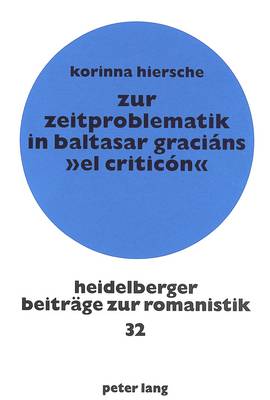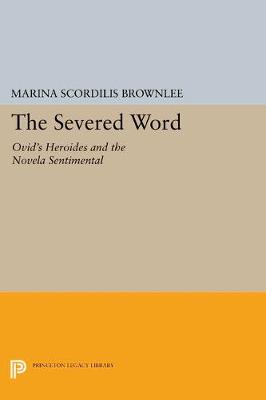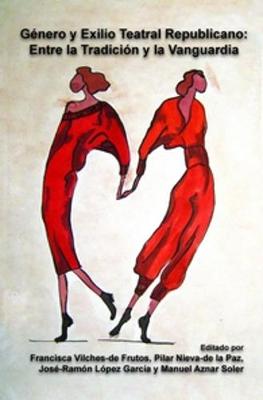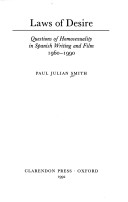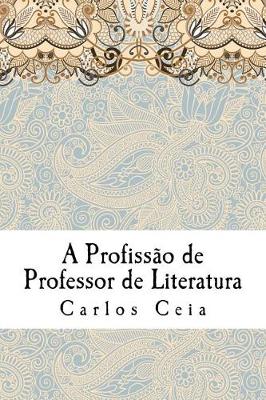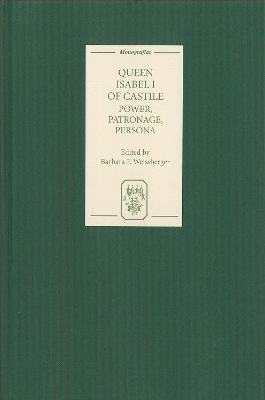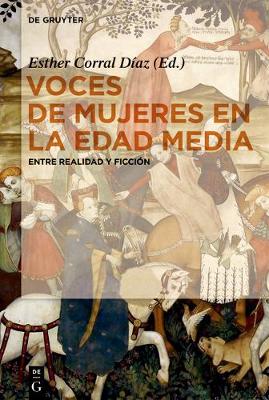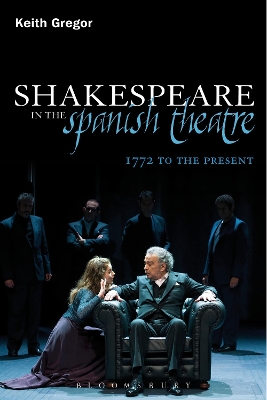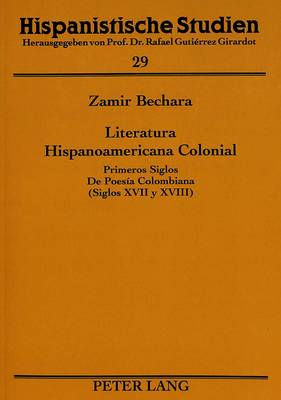Geld Bei Quevedo (Europaeische Hochschulschriften / European University Studie, #11)
by Eberhard Geisler
Der vorliegende Band enthalt den Ertrag des Marburger Ortega-Gesprachs vom 10. bis 12. November 1983. Die in spanischer Sprache vorgelegten Texte beruhren rezeptionsasthetische (E.Aguirre), komparatistische (E.Garrigues-Canabate), philosophische (E.Tierno Galvan) und linguistische (D.Woll) Themen. In deutscher Sprache werden biographische (J.Boer) und gedankengeschichtliche (R.Brandt) Fragen abgehandelt."
Ciencia Ficcion En Espanol (Latin American Studies, #16)
by Yolanda Molina-Gavilan
La Sabia Flora Malsabidilla (Juan de La Cuesta-Hispanic Monographs)
by Alonso Jeronimo De Salas Barbadillo
Allende, Buitrago, Luiselli (Currents in Comparative Romance Languages & Literatures, #84)
by Leasa Y. Lutes
El Bildungsroman aparecio por primera vez en Alemania a finales del siglo dieciocho. Al principio el termino se aplicaba a una manifestacion literaria estrictamente limitada tanto por el contexto cultural como por el genero del protagonista. Este estudio examina la plausibilidad de la existencia del genero en una forma contemporanea y femenina. A traves de las teorias francofeministas de Julia Kristeva, Helene Cixous, y Luce Irigaray aplicadas a la obra narrativa de Isabel Allende, Fanny Buitrag...
Zur Zeitproblematik in Baltasar Gracians -El Criticon- (Heidelberger Beitreage Zur Romanistik,, #32)
by Korinna Hiersche
Baltasar Gracian gehort zu den Klassikern der spanischen Barockliteratur und ist dem deutschen Leser besonders durch sein -Handorakel- in der Ubersetzung Schopenhauers bekannt. Das -Criticon- ist das letzte grosse Werk Gracians. Sein epochentypischer zyklischer Zeitbegriff erweist sich darin als strukturell pragend, sowohl fur die Gestaltung der narrativen Zeit als auch fur die Darstellung der Figuren. Auch inhaltlich spielen Zeit und Geschichte hier wie im gesamten Schaffen des Autors eine hera...
The Severed Word (Princeton Legacy Library)
by Marina Scordilis Brownlee
In this wide-ranging study Marina Scordilis Brownlee investigates the importance of the letter--often a complex interplay of objectivity and subjectivity--in the establishment of novelistic discourse. She shows how Ovid's Heroides explore the discourse of epistolarity in a way that exerted a lasting effect on Italian, French, and Spanish works of the Middle Ages and Renaissance, especially on the fifteenth-century Spanish novela sentimental, or "sentimental romance." Presenting this proto-noveli...
Genero y Exilio Teatral Republicano: Entre la Tradicion y la Vanguardia (Foro Hispanico, #48)
This volume deals with the commitment in the defense of egalitarian values by theatrical creators of the Spanish republican exile of 1939. Their innovative narrative and visual discourse offer models of masculinity and femininity that represent the change in gender paradigms derived from the rising leading role of women in the public sphere.
Wie Wird Weltliteratur Gemacht? (Latin American Literatures In The World / Literaturas Latino, #6)
by Gesine Muller
Introducing the book with a brief account of some medical, legal, and polemical texts, Paul Julian Smith charts the varying representations of the feminist or gay "self" in autobiographical texts by Chacel, Goytisolo, and Terenci Moix. He goes on to offer radical readings of trilogies by Goytisolo and Tusquets, the major novelists of homosexual desire in Spain, in the light of influential French theorists Hocquenghem and Wittig. Finally, the author draws on archival research at the Filmoteca Nac...
Esas Ninas Cuando Crecen, ?Donde Van a Parar? (Texto y Teoria: Estudios Culturales, #35)
by Zulema Moret
A Profissao de Professor de Literatura (Obras Completas de Carlos Ceia, #13)
by Carlos Ceia
The Invention of the Sequel (Coleccion Tamesis. Serie A, Monografis) (Coleccion Tamesis Serie A: Monografias)
by William H Hinrichs
This book proposes a new way of tracing the history of the Early Modern Spanish novel through the prism of literary continuation. It identifies and examines the Golden Age narratives that invented the sequel and the narrative genres that the sequel in turn invented. The author explores the rivalries between apocryphal and authorized sequelists that forged modern notions of authorship and authorial property. The book also defines the sequel's forms and functions, filling a major gap in lit...
This multidisciplinary volume was inspired by the quincentenary of the death of Queen Isabel I of Castile, early modern Europe's first powerful queen regnant. Comprising work by distinguished art historians, musicologists, historians, and literary scholars from England, Spain, and the United States, it begins with a theoretical examination of medieval queenship itself that argues - against the grain of the volume - for its inseparability from kingship. Several essays examine the complex ways in...
Shakespeare in the Spanish Theatre (Continuum Shakespeare Studies)
by Keith Gregor
Shakespeare in the Spanish Theatre offers an account of Shakespeare's presence on the Spanish stage, from a production of the first Spanish rendering of Jean-Francois Ducis's Hamlet in 1772 to the creative and controversial work of directors like Calixto Bieito and Alex Rigola in the early 21st century. Despite a largely indirect entrance into the culture, Shakespeare has gone on to become the best and known and most widely performed of all foreign playwrights. What is more, by the end of the 20...
Literatura Hispanoamericana Colonial (Hispanistische Studien,, #29)
by Zamir Bechara
El libro se propone basicamente presentar una panoramica de la produccion poetica de la Nueva Granada de los siglos XVII al XVIII. Para ello se centra no solo en ciertas personalidades y en su obra respectiva, sino tambien en el estudio de algunos temas literario-sociales, cuya comprension es imprescindible para contextualizar a los poetas tratados. Los temas en cuestion son: el criollismo, la fiesta, la poesia artificiosa, el trasmundo y el motivo de los bodegones literarios, todos ellos enmarc...
